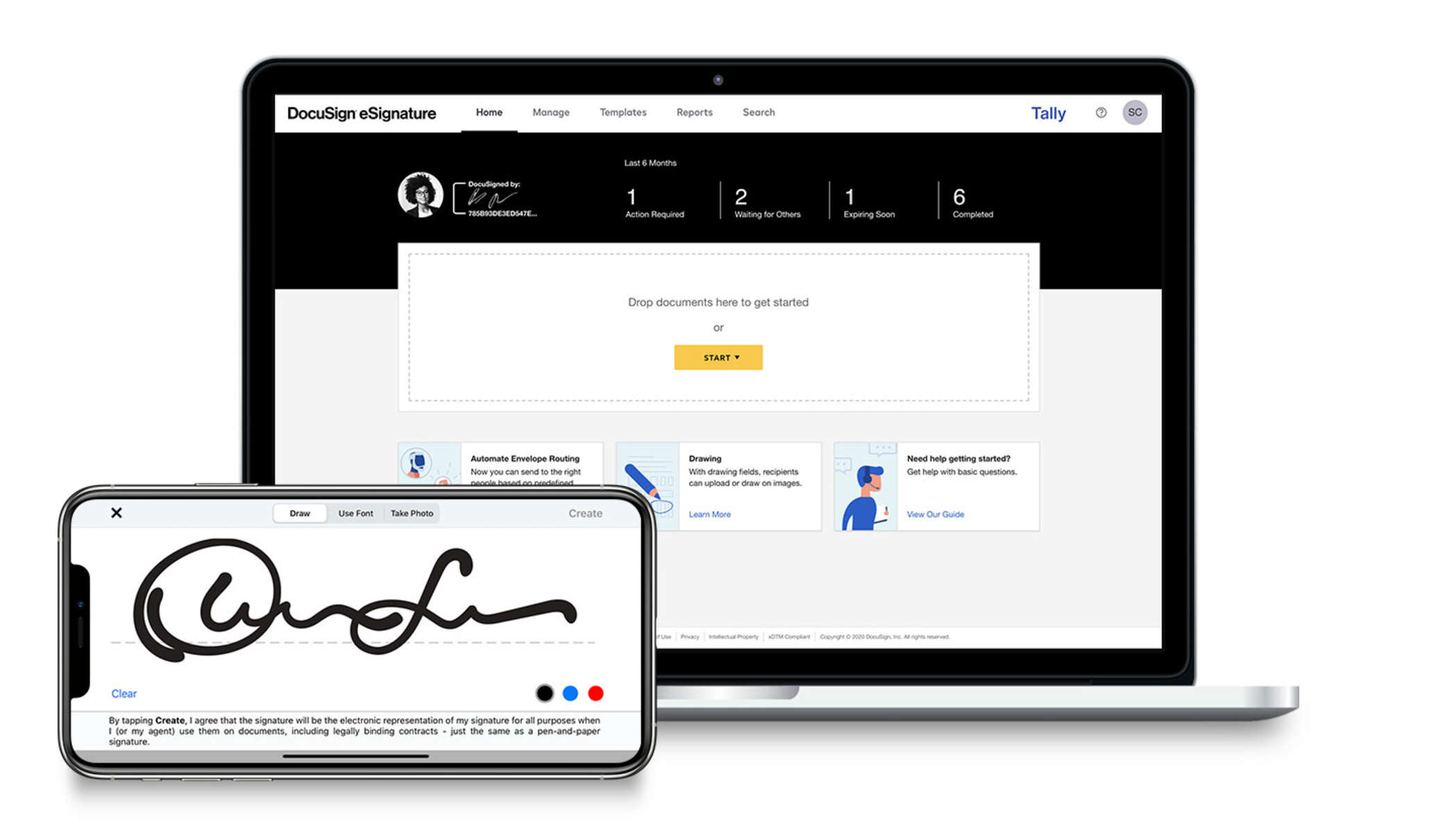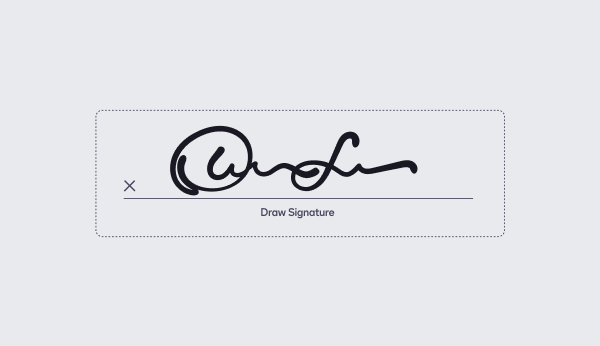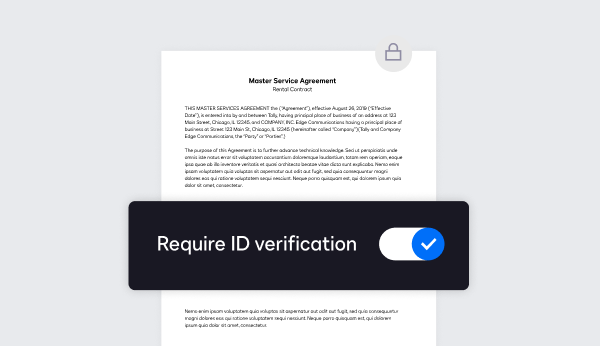

Digital signatures from DocuSign
- Electronic signatures
- Advanced Electronic Signatures (AES)
- Qualified Electronic Signatures (QES)
Standards-Based Signature benefits
Cloud-based signing experience
Compliant with local standards
Deploy with your tech stack
DocuSign supports all levels of signature

Electronic Signature

Advanced Electronic Signatures

Qualified Electronic Signatures

Global Network of Trust Service Provider partners
One million customers from over 180 countries
1 Billion
3,000+
44
Customers use digital signatures for many types of agreements
Account openings
Partner and vendor agreements
Consumer loans
Investment & Private banking
Insurance agreements
Contracts or inheritance
Trusts Pensions
Clinical research portals
Manufacturing quality management
Medical records, evidence
HR documents (terminations, temp worker agreements)
Engineer change process/approvals
Resources
Learn more about digital signatures
Digital Signatures for the EU
Signing Around the World with Electronic Signatures
Implementing Electronic Signatures and Digital Signatures with DocuSign
Standards-Based Signature FAQs
Electronic signatures, or eSignatures, are a broad category of methods for signing a document. A digital signature is a type of electronic signature that offers additional verification of the identities of the parties involved in a transaction.
Digital signatures are based on a technology standard called Public Key Infrastructure (PKI). PKI is used to create a unique, tamper-evident “digital certificate” that associates a signer with a document and guarantees that the electronic document is authentic. Digital certificates indicate that the signers have completed extra steps to confirm their identities. A signer’s digital certificate is used to create the signature and then attach it to the signed document.Advanced Electronic Signatures (AES) add ID verification to the electronic signature signing process. Signatures must be uniquely linked to and able to identify the signer. Signature records are capable of showing evidence of tampering.
Qualified Electronic Signatures (QES) have more stringent requirements mandating face-to-face identity verification. (The face-to-face identification can be live and in-person or via an audio/video connection.) A QES is unique in that it’s considered legally equivalent to a handwritten signature.In the U.S, digital signatures are typically used in regulated industries like life sciences for compliance with the FDA’s requirements for electronic signatures, often referred to as 21 CFR Part 11. Another example is the US Federal Government, where federal employees can be issued a personal identity verification (PIV) card that contains a PKI digital certificate for signing that complies with the US Federal Processing Standards.
Around the world, there are international standards that specify requirements for digital signatures and the methods used to authenticate a signer. Regulations include the Code of Civil Procedure in Brazil and Section 1803 of the Civil Code in Mexico, Electronic Identification, Authentication and Trust Services regulation (eIDAS) in the EU, and the Electronic Transactions Acts in Australia.
DocuSign works with Trust Service providers from around the world to offer digital certificates and digital signatures through the DocuSign platform.
See the global list of Trust Service Providers here.


